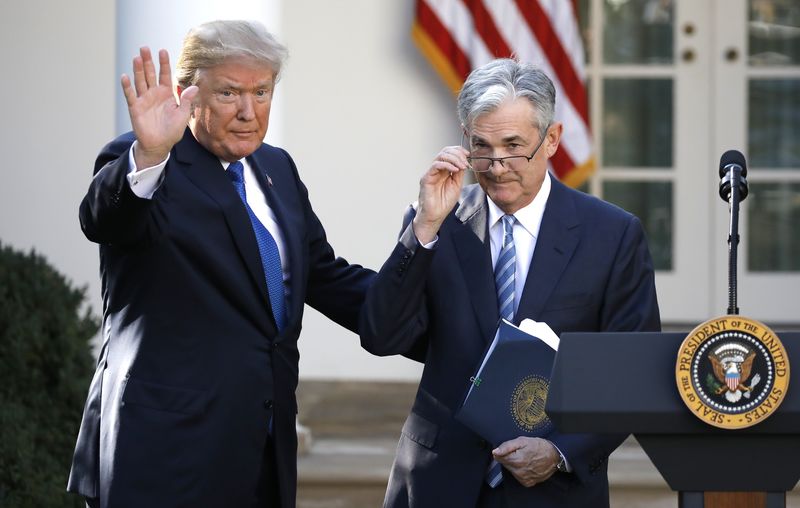Investing.com - The U.S. employment report for August augured strong economic growth, while an acceleration in wage inflation moved markets, increasing expectations for the Federal Reserve to hike rates twice more this year.
Beyond the solid creation of 201,000 jobs in August, or a jobless rate holding near 18-year lows, the focus was on the 2.9% increase in wage inflation, its fastest since April 2009.
Surprising markets that had expected the annualized increase in average hourly earnings to hold steady at 2.7%, stocks initially extended losses in the pre-market as odds increased that the Fed would move forward with plans to tighten policy.
Similarly, the U.S. dollar index, which measures the greenback’s strength against a basket of six major currencies, turned higher after the release and was last up 0.20% at 95.17, while gold entered into negative territory, falling 0.08% to $1,203.30.
Although a quarter-point rate hike was already fully priced in for the Sept. 25-26 meeting, odds for an additional increase in December rose to 76% compared to 70% ahead of the report.
Overall, economists agreed that the labor data suggested the economy would to show solid growth. Allianz chief economic adviser Mohamed El-Erian pointed to the three-month average job creation of 185,000 and the uptick in wage inflation.
“With that, look for the U.S. economy to continue to outperform others,” he said.
“So despite all of the worries about the impact from protectionism, Fed rate hikes and emerging market woes, the U.S. economy continues to roar ahead,” ING chief international economist James Knightley commented.
He predicts third quarter growth of 3.0%-3.5% and noted that the Atlanta Fed forecast an even-stronger 4.4% expansion, while inflation is grinding higher and the jobs market remains robust.
“As such, the Fed’s message that monetary policy remains ‘accommodative’ is accurate, so we fully expect officials to continue with the strategy of ‘gradual’ policy normalization. To us, this suggests a rate hike in both September and December,” Knightley concluded.
